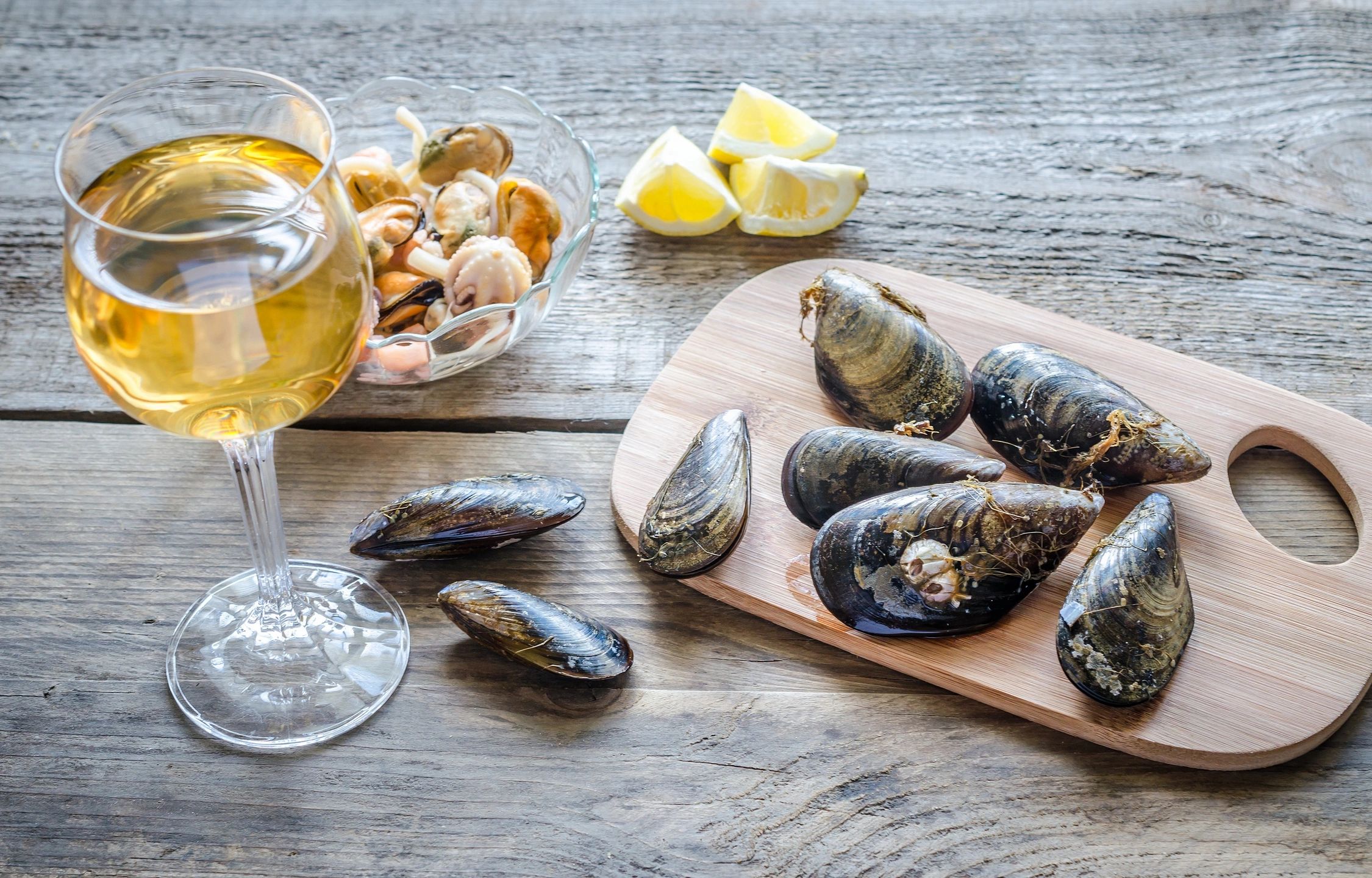In an era where environmental consciousness is increasingly vital, the food we choose plays a pivotal role in shaping our planet’s future. Sustainable seafood has emerged as a crucial aspect of this conversation, intertwining ecological responsibility with culinary delight. As overfishing and habitat destruction threaten marine ecosystems, making informed choices about seafood can mitigate these impacts and promote a healthier ocean.
Understanding Sustainable Seafood
Sustainable seafood refers to fish and other marine products harvested in ways that maintain the health of ocean ecosystems and support the livelihoods of fishing communities. The core principles of seafood sustainability encompass maintaining fish populations at healthy levels, ensuring that fishing practices do not damage marine habitats, and upholding ethical labor practices within the industry. By adhering to these guidelines, sustainable seafood helps preserve biodiversity and promotes a balanced marine environment.
Why Choosing Sustainable Seafood Matters
Opting for sustainable seafood yields multifaceted benefits. Environmentally, it reduces the strain on overexploited fish stocks and minimizes bycatch—non-target species caught unintentionally—which can disrupt marine ecosystems. Economically, it supports fishing communities that rely on responsible practices for their livelihoods, fostering resilient local economies. For consumers, sustainable seafood often means fresher, healthier options free from harmful additives, contributing to overall well-being.
How to Identify Sustainable Seafood
Navigating the world of seafood can be daunting, but several certification programs can guide your choices. The Marine Stewardship Council (MSC) and the Aquaculture Stewardship Council (ASC) are prominent labels that indicate a product’s adherence to rigorous sustainability standards. The MSC certification signifies that the seafood comes from a well-managed fishery, while the ASC label denotes responsible aquaculture practices. Familiarizing yourself with these labels can simplify the process of selecting eco-friendly options.
Moreover, various resources and tools are available to assist consumers in making informed decisions. Seafood Watch, a program by the Monterey Bay Aquarium, offers comprehensive guides and mobile apps to help identify sustainable choices. Consulting these resources can provide clarity on the best options for your meals.
Tips for Incorporating Sustainable Seafood into Your Diet
Incorporating sustainable seafood into your diet can be both enjoyable and rewarding. Start by planning your meals around certified options, which ensures that your choices align with environmental and ethical standards. Experiment with creative recipes that highlight the unique flavors of sustainably sourced fish and shellfish. From a zesty citrus-marinated salmon to a hearty seafood stew, the possibilities are endless.
When shopping, prioritize stores and markets known for their commitment to sustainable seafood. Engage with fishmongers to inquire about their sourcing practices and explore seasonal options to support local fisheries. By adopting these shopping strategies, you can contribute to a more sustainable seafood supply chain.
Challenges and Solutions in Sustainable Seafood
Despite the benefits, sourcing sustainable seafood presents challenges. High costs and limited availability can deter consumers from making eco-friendly choices. However, innovations within the industry, such as advancements in aquaculture technology and increased transparency in supply chains, offer promising solutions. Support for sustainable fisheries and investments in research can further enhance the accessibility and affordability of sustainable seafood.
Summary
Choosing sustainable seafood is a powerful way to impact environmental preservation and support responsible fisheries. By understanding the principles of sustainability, identifying certified products, and incorporating these options into your diet, you contribute to a healthier planet and a more resilient ocean. Embrace these practices with confidence, knowing that your choices help pave the way for a more sustainable future.
Please like, comment, and share this article if you found it helpful and
informative.
Visit https://bigtownbulletin.com if you would like to see more of this content.
Please like, comment, and share this article if you found it helpful and
informative.
For more news check out Big Town Bulletin News
For more from Big Town Bulletin check out Big Town Bulletin


